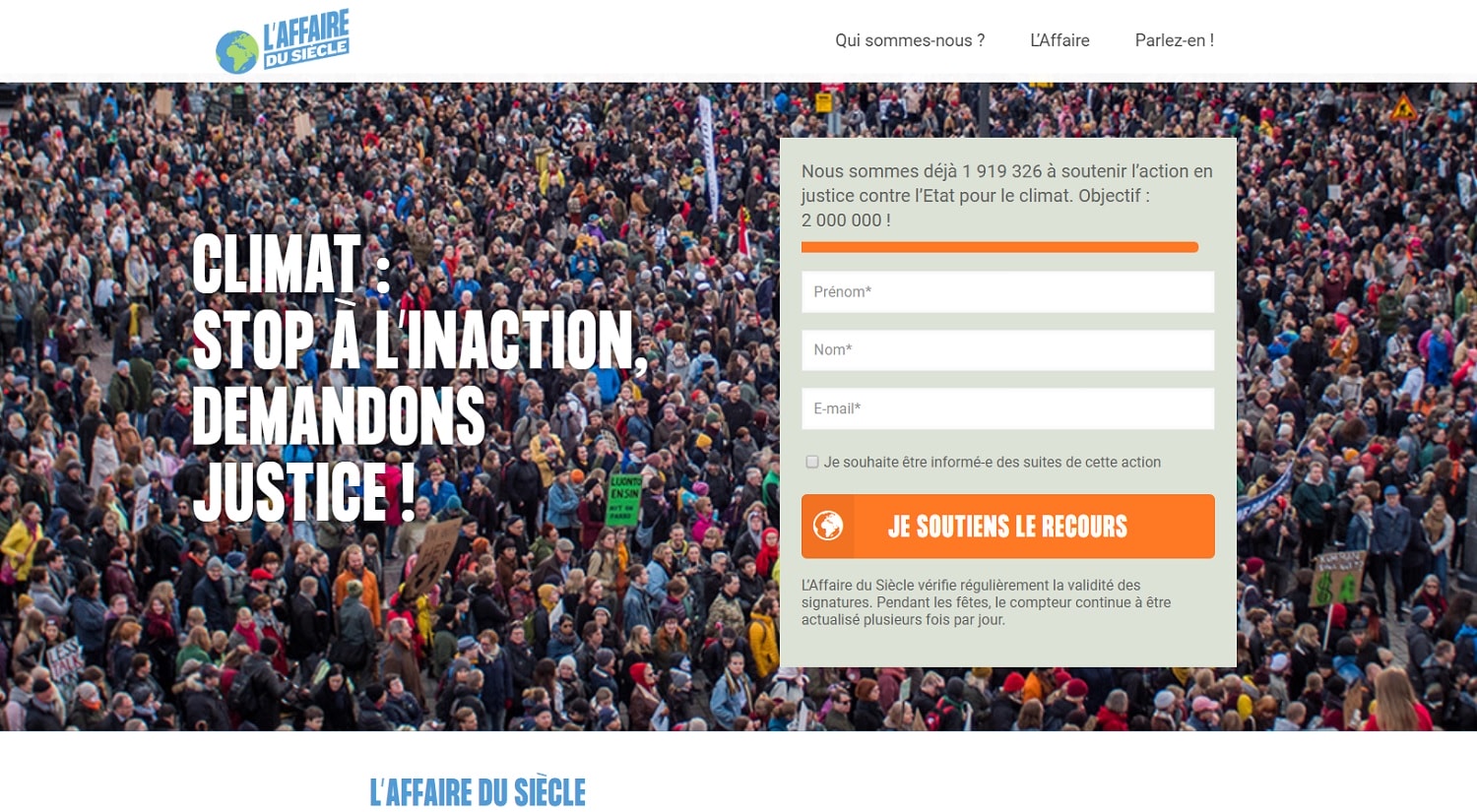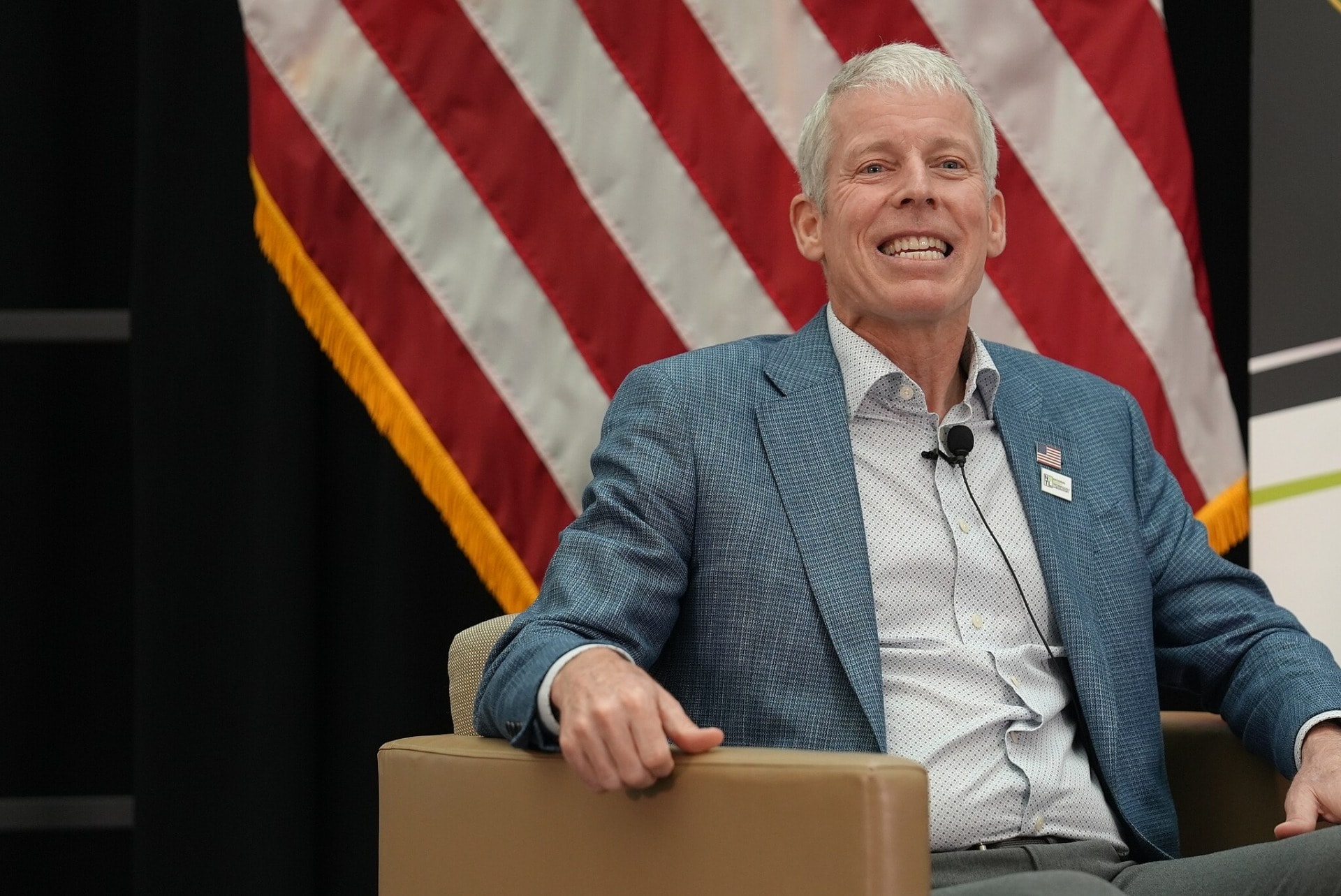2018 was a watershed year. The geopolitical table turned: The world changed from order to disorder. True, the ordered world we had known since the end of World War II till 2016 was far from perfect. It had many problems and inequities. And it had been slow – some say too slow – in moving towards a common sustainable development agenda and a climate control agreement. By contrast, the disorder brought in by Trump’s America First agenda is fast-moving. As fast as the Internet, it travels on social media.
The World is Like A Racing Car Without a Pilot
With Trump, the Monroe Doctrine is back in a lethal 21st century variant. In the 19th century, if America chose to isolate itself, it didn’t matter that much. The world had a driver (the Great Powers of Europe). Today the world is like a racing car without a pilot. Local wars and mass migration are more likely than ever before.And in July 2018, the U.S. stopped cooperation with the UN on human rights matter – sending, as the Guardian argued, a “dangerous signal to authoritarian regimes around the world.”
We’ll be lucky if we can avoid World War III and the climatic collapse of the planet.
The network of multilateral alliances created after World War II to contain the rise of Russia’s and China’s imperial ambitions is gone. Over the long run, as I have argued in a recent article, Eurasia is in our future, with a good chance that America is relegated to the sidelines.
Trump closed the year with a government shutdown. His aim? Always the same: To get the funding for the border wall he promised his fans. But one must question whether his end game is not something different and entirely personal: By raising the issue of “border security”, Trump is in fact deflecting attention from his looming problems with Mueller’s investigation into Russian meddling of the presidential elections, a.k.a. “Russiagate”.
Over in Europe, there was another form of “shutdown” when British Prime Minister Theresa May kicked the can down the road asking Parliament to vote next year for the Brexit deal she had worked with the EU. Talk of a second referendum got louder though nobody seemed to agree on how to phrase the question. Also, the time left for organizing a referendum is getting squeezed, making it unlikely that the U.K. will in fact manage to reverse its decision and remain in Europe.
But it was Trump’s move – to pull out of Syria and Afghanistan coupled with Defense Secretary Jim Mattis’ resignation on the same day that really shook up Europe. As French defense minister, Florence Parly said (on RTL radio), referring to ISIS, “the job must be finished.” Mathis was viewed by America’s allies as “as their most sympathetic and effective conduit to Mr. Trump” and the “adult of last resort” who could restrain an unpredictable president.
Yet Trump shook up Americans too – at least some of them, for example firebrand filmmaker Michael Moore admitted that this was the “the first time” he’s actually“frightened for the country”:
One thing is certain: Trump made Russia very happy, opening the way to revived Russian influence in the Middle East. Vladimir Frolov, a Russian columnist and foreign affairs analyst, exclaimed: “Trump is God’s gift that keeps on giving.”
The financial world perhaps understood best what happened as 2018 wound up: the year ended in a stock market in turmoil. The week from 18 to 21 December was the worst week since the 2008 crisis. Adding insult to injury, Trump discussed firing Federal Reserve Chairman Powell after the latest interest rate hike. Whereupon the dark shadow of a looming bear market caused the White House to retract. What was unprecedented was that both shares and bonds took a hit : normally they move in opposite directions.
Update (7 January): John R. Bolton, Trump’s National Security Adviser, rolled back Trump’s decision to pull out of Syria, telling reporters in the course of his visit to Israel, that the pullout might take months, even years, and was dependent on two conditions: (1) that ISIS is totally defeated, and (2) Turkey provides guarantees that it will not strike Kurdish forces allied with the U.S.
It would seem that Bolton unexpectedly stepped into Mattis’ shoes as the “adult of last resort”.
What Made 2018 a Watershed Year? Internet-charged Populism
Europeans have little doubt that populism is the single outstanding new political force that shaped 2018. The German Der Spiegel recently published a thoughtful article making this point. Americans, on the other hand, have a more nuanced view, perhaps because they have a populist President. Politico asked American historians how History would remember 2018, requesting the “smartest historians they knew” to write the paragraph about 2018 that History books in the future would include.
Some attributed a big role to Trump, others didn’t. Yet the majority agreed on one thing: 2018 marked the end of American world leadership. To give a sense of what they said, I will quote but one of them. Jacqueline Jones, professor of American history at the University of Texas at Austin, wrote: “The traditional narrative of the United States as a noble world leader and defender of human rights was slipping away, and by the end of Trump’s second year in office, the country was in danger of sliding into a garden-variety authoritarianism.”
Others were concerned with more pointed issues, some specifically American (and Trump-related), others worldwide:
- our losing fight against climate change (Elizabeth Cobbs of Texas A&M University, John J. Ellis, Michael Kazin of Georgetown University);
- the emergence of authoritarian populism threatening democracy (David Greenberg of Rutgers University, Richard Steigmann-Gall of Kent State University);
- America’s political and cultural polarization (Lizabeth Cohen of Harvard University and Bradley Birzer of Hillsdale College);
- the revival of unionized workers (William P. Jones of University of Minnesota);
- a revolt against Republican control concretized by the Democrat wins in the midterm elections (Heather Cox Richardson of Boston College);
- the proof that a “media-based presidency” Trump-style could work with its “segmented base” and “break the mold” of the way politics played out in the past (Meg Jacobs of Princeton University);
- the “year of cruelty” caused by Trump separating migrant children from their parents etc, the list is long (Mary L. Dudziak of Emory University School of Law);
- the fall of Big Tech as a shining example of American innovation amidst revelations of social media’s role in fueling political discord (Margaret O’Mara is a history professor at the University of Washington).
This is an interesting sample of how a select and representative group of American intellectuals ranging from left to right evaluated 2018. Here I will try to give a broad, overall perspective shaped not only by what happened in America but what happened elsewhere – which is why 2018 is really a watershed year worldwide.
In summary, two issues stand out across the world, making 2018 a historic year:
- social networks and
- the rise of populism.
What makes 2018 so different from the past is this: Because of the Internet, change happens faster, social networks reinforce political shifts, as the Facebook-Cambridge Analytica scandal showed. Trump (and his adviser Bannon) benefited. So did Russia.
Political hacking first reared its ugly head in the 2016 presidential elections. Now it has become a fact of life. Security breaches keep happening – the latest in September with 30 million accounts accessed by hackers – and Facebook management is still not in control.
Populists advanced everywhere, notably in Europe, first in Eastern Europe and now in Italy with a government that is a world first, allying populists on the left (Di Maio’s 5 Star Movement) and the right (Salvini’s Lega). Steve Bannon is roaming Europe to pull together populists across the continent with the aim of winning the European Parliament elections next May. And populism surged in Brazil with Bolsonaro’s election, a man who is an outspoken admirer of Trump and a believer in loosening gun laws American-style. By year-end, the Gilets Jaunes in France, while not allied to any party, reflected the same deep discontent of people by-passed by globalization and penalized by their own government – the very discontent that every expert recognizes as the fuel of populism.
2019 Outlook: Geopolitical Shifts and Climate Change
Geopolitical Shifts. The plates are turning against America, and every time you look, you see Trump in the driving seat. While the economy worldwide is still strong, our leadership is weak and misguided.
Pulling out of Syria and Afghanistan is but the latest example. It inevitably creates a political void that others are quick to fill. In Syria, the Kurds quickly understood they were being let down by America and they immediately aligned themselves with Bashar al-Assad against the Turks.
For some political observers, 2019 could turn into an unprecedented war-riddled year, directly as a result of American withdrawal from the international scene. Robert Malley, president and CEO of the International Crisis Group, has listed “10 conflicts to watch in 2019”: Yemen, Afghanistan, US-Chinese tensions, Saudi Arabia-US-Israel-Iran, Syria, Nigeria, South Sudan, Cameroon, Ukraine and Venezuela.
Undoubtedly, aggressive American behavior, trade wars à la Trump and sanctions on Iran (and other countries) are counterproductive. America runs the risk of losing its leadership position. And what is a mild crisis could turn into a real one.
Tell Trump to stop – though there is little chance he will listen to reason. At this point in time, as the resignation of Secretary of Defense Mattis and its aftermath shows – with Trump unceremoniously forcing him out with tweets – all Trump can tolerate around him are yes-men.
Expect 2019 to be an even more Trumpian year than 2018. With perhaps only one difference: the Democrats will control Congress. The only thing that might really stop Trump are his legal problems – but as I write, it is still too early to predict how Special Counsel Robert Mueller’s investigation into Russian interference in the 2016 presidential election will actually play out.
Meanwhile the economic power of China, even if it is slowing down, is still going strong. The expansion is likely to continue and it is worldwide, like a flood filling every cranny. The New York Times report on how China is taking over the Ecuador economy is but one of the latest examples among many.
Couple this Chinese phenomenon with America’s isolationism, the logical outcome of Trump’s America First agenda, is a rising Eurasia – if Europe wakes up to the opportunity. That is not a given. Europe is presently weakened by Brexit, an unmitigated disaster for Britain but certainly not a good thing for Europe. Add to that the sanctions against Russia, and you have a weakened continent that is not fit to resist the Chinese onslaught.
Much could happen to straighten up the ship. Pulitzer-winning author Chris Hedges in his latest book, America: The Farewell Tour, foresees the collapse of the American empire within the next decade or two. But such somber predictions should be taken with a grain of salt, as Professor Walter Clemens of Boston University argues in his review of the book.
The solutions Trump offers – the border wall to stop migrants, relaunching manufacturing and the fuel and coal industries at the cost of public health – are not leading to the expected rebound in jobs for blue collar workers. Robotization means that there are fewer jobs available in manufacturing for the same level of production. The latest example is General Motors closing down plants in America and sending home 45,000 workers.
Like his fellow populist leaders in Italy (Salvini), Hungary (Orban) and elsewhere, Trump sells easy-to-repeat slogans, pointing the finger to hated foreigners (Muslims, Hispanics, Africans etc) but he leaves the root causes of the problem unaddressed.
The issues we need to address are two:
- The neo-liberalist ideology that privileges profit seeking over social responsibility, and
- technical progress that robotizes jobs, making people redundant.
These are issues populists don’t even begin to address. Hence, sooner or later, when people realize they only make empty promises, their popularity will necessarily hit the wall of reality. The question is when? In 2019? Later? If the economy slows down in 2019 and people start losing jobs, expect Trump’s approval ratings to plunge.
The rise of climate change fighters. It started with the remarkable victory of the Greens in Germany at the last elections, making it now the second party in Germany. An ecology-plus party, no longer the bohemian tree-hugging radicals of the 1980s, but a party with an agenda for social justice and social responsibility in government.
Now France is joining in. Remarkably, and in spite of all the ruckus caused by the Gilets Jaunes since November 2018, this climate movement is stronger: the petition for measures to fight climate change, called “l’affaire du siècle” (the case of the century) garnered almost 2 million signatures. An absolute historical record, twice the number obtained by the Gilets Jaunes on Facebook (that was how their own movement was launched):
Petition calling for the French government to take measures to fight climate change (screenshot, 30 December 2018: Note they had 919,326 signatures at that point) Source: L’affaire du siècle website
Behind this petitions are four important NGOs – Oxfam France, Greenpeace France, Notre affaire à tous, Fondation pour la nature et l’homme. And the situation is certainly dire: at an average of 14° centigrade for the year, 2018 clocked in as the warmest year on record for France.
#ClimateAction is needed now. @oxfamfrance , @greenpeacefr , @NotreAffaire , @FondationNH are taking the French governement to court: https://t.co/7aa3It3jSQ #LAffaireDuSiecle #ClimateChange
— Oxfam International (@Oxfam) December 28, 2018
Note how all the protesters are young. Look at the signs they are waving: “Taxez le carburant des riches, pas celui des pauvres” (Tax the petrol of the rich, not the poor, along with the image of a plane to make clear what kind of petrol should be taxed); “sauvez notre planète passe par notre assiette meat = heat” (saving our planet requires a change in how we eat, meat=heat).
On the downside, America – the world’s greatest polluter – is headed the other way. When 13 Federal government agencies issued a dire scientific report on climate change, the White House attempted to bury it (by publishing it on Black Friday). Trump’s EPA has already weakened two essential rules to restrict greenhouse emissions: one regulating emissions from vehicle tailpipes and the other from power plant smokestacks.
As a result, America is now beginning to suffer the consequences. But it’s not just America. The world is interconnected as Professor Oppenheimer of Princeton University points out in the video. Everyone suffers and the poor most of all. For them it’s a double whammy: They get the worst effects where they live (in the South) and they don’t have the resources to fight it.
Worse, we are way behind in our efforts to curb global warming. And going about it in a totally uncoordinated manner, both within the U.S, and across the world. As Oppenheimer says, very few countries are doing what needs to be done. And the data from the Global Carbon Project is in: greenhouse gas emissions have accelerated in 2018 like a speeding freight train”. For three years emissions had remained stable, this year they rose by 1.6 percent worldwide. The E.U. is still the only place on earth where emissions are decreasing.
Can 2019 Bring Change?
Change can only come through politics. We have to remember that behind most populists (especially those on the right, like Trump), you find funding from big business. Trump’s billionaire cabinet is a perfect illustration.
The political force behind populism is in fact an unholy (and fragile) alliance between the top one percent, the ultra rich who thrive on deregulation, and the bottom twenty (or thirty) percent, those left out by globalization. Which is why populist leaders are always against fighting climate change. In fact, Brazil’s Bolsonaro has already indicated that he plans to follow Trump’s example and quit the Paris Climate Agreement – and he will open up the Amazon to private interests.
How fragile is that alliance between the ultra rich and the poor?
Very fragile. There is little doubt that if Trump doesn’t deliver on his promises of more jobs for blue collar workers, he will lose his popular base. And, according to the latest poll, he has already started losing it – his approval rate has dropped.
In Europe, the next big hurdle is the European Parliament elections in May 2019. A populist win will be a setback for both Europe and the fight for climate change. When populists use the slogan “Europe of Nations”, what they mean is to turn back the clock to the 1950s. The slogan was invented by Charles De Gaulle. The idea is to re-impose the rule of unanimous voting on all decisions to be taken by European institutions – effectively putting a brake on all European-level operations.
Much depends on whether there is in fact a new left rising in Europe, and whether it is able to counteract populism. As I have argued in a recent article, the ground is shifting in both Germany (with the Greens’ victory) and France, the two leading countries in Europe.
Unfortunately the reverse seems to be happening in the third largest European country, Italy, where a rightist populist, Matteo Salvini, is still ahead in the polls. And, according to Sole 24 Ore, his party, the Lega, at 31 percent, continues to pull votes from the leftist populist 5 Star Movement (down to 27 percent), becoming Italy’s first party.
Could 2019 shape up as the year of the toss-up? Populists are set to win. But it’s in the hands of voters, and who knows, they might yet wake up and stop listening to the siren songs of populism…
EDITOR’S NOTE: THE OPINIONS EXPRESSED HERE BY IMPAKTER.COM COLUMNISTS ARE THEIR OWN, NOT THOSE OF IMPAKTER.COM.
Featured image: Creative Commons (modified)














